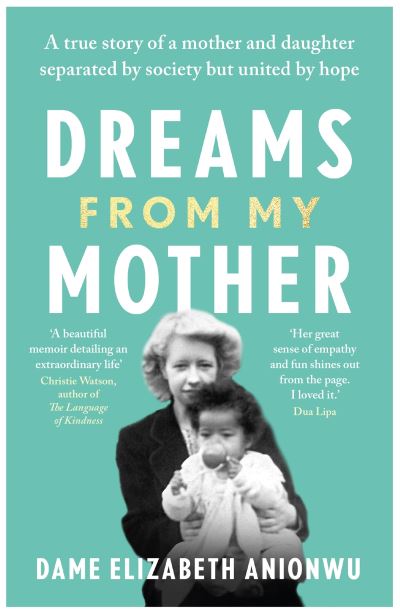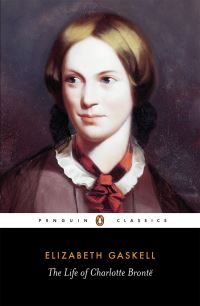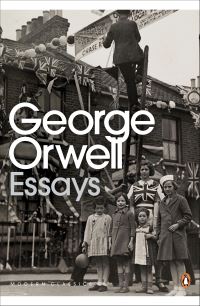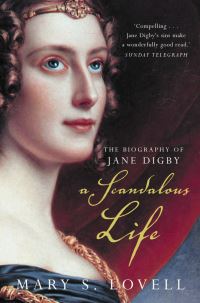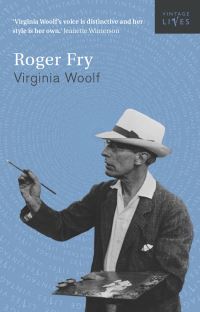Description
What a page turner of a book! Dame Elizabeth uncovers the layers of her life from a childhood defined by secrets, to discovering the identity of her father, to her political awakening, and her journey to becoming a Black health radical. She uses her “bellyful of anger” to great effect, highlighting the ethnic health inequalities exposed by sickle cell disease right through to Covid-19. More than anything, her great sense of empathy and fun shine out from the page. I loved it. – DUA LIPA
Dreams From My Mother is a beautiful memoir detailing an extraordinary life. Dame Elizabeth Anionwu is a an incredible role model for nurses – and for everyone. – CHRISTIE WATSON, author of The Language of Kindness: A Nurse’s Story
What a woman. What a book. – LEMN SISSAY OBE, author of My Name Is Why
* * *
It’s 1947 and a sheltered Catholic girl is studying Classics at Newnham College, Cambridge. She is the first one in her family to go to university – and then she discovers that she’s pregnant. The father is also a student at Cambridge, studying law. And he is black.
Despite pressure to give up her baby for adoption, the young mother has big dreams for her child’s future. Her daughter Elizabeth overcomes a background of shame, stigma, and discrimination, to become one of the UK’s greatest ever nurses, and the first ever sickle cell nurse specialist. Recently named a BBC 100 Women of the Year 2020 and awarded a Damehood, Dame Elizabeth Anionwu has continued her work throughout her retirement, and recently brought to the nation’s attention how Covid-19 has had a devastating effect on Black and Asian communities.
Dreams From My Mother is an inspiring story about childhood, race, identity, family, friendship, hope and what makes us who we are. Ultimately, it is an incredibly moving story of a mother and a daughter separated by society, but united in the dreams they shared for her future.
Previously published as Mixed Blessings From A Cambridge Union, this is a revised and updated edition
* * *
This is a powerful and compelling story of dual heritage, how an Irish girl became a Nigerian woman, and how discovering a true and total sense of identity brought acceptance, peace and joy. This story will inspire many people who have Irish and African (and other) roots and should be read by all who are interested in the history and culture of those lands. It is a unique and deeply personal account of the triumph of character, spirit and endeavour in the face of much adversity and considerable bigotry, beautifully written with a complete absence of bitterness. I felt in equal measure humbled and privileged to read it. I never cry but the concluding reflection on the mother and daughter relationship made me cry unashamedly. – PATRICK GAUL, Chair, Liverpool Irish Centre
